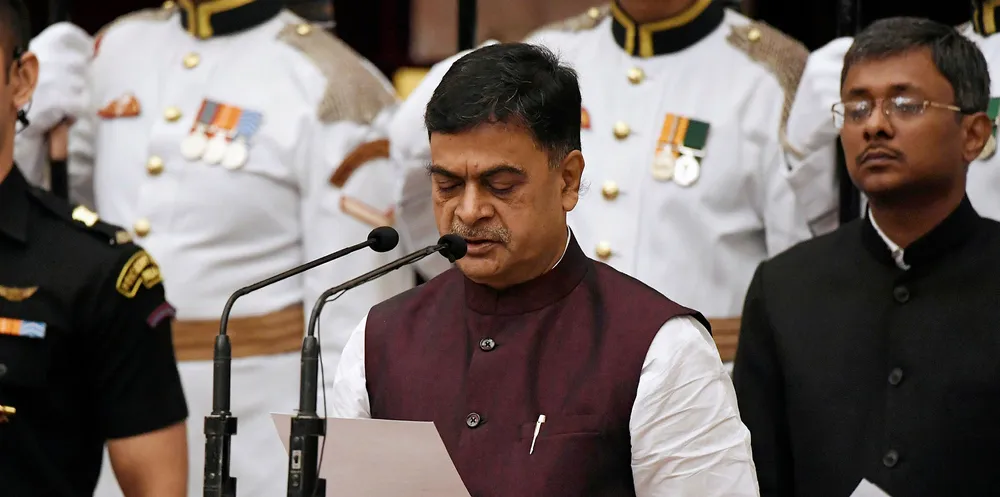Minister says Indian renewables to 'boom' as government hammers too-dirty power companies
Distributors will be 'desperately' seeking renewable capacity to avoid drastic fines for missing RPOs, says RK Singh

Distributors will be 'desperately' seeking renewable capacity to avoid drastic fines for missing RPOs, says RK Singh
